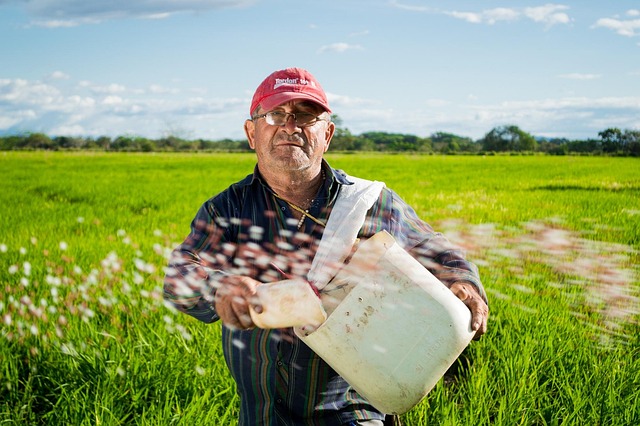In our journey to cultivate a bountiful garden filled with vibrant vegetables and luscious fruits, the importance of nutritious soil cannot be overstated. As we dive into the art of eco-friendly gardening, we unveil the secrets of fostering healthy, sustainable, and nutrient-rich soil, all of which contribute to a greener planet and a thriving garden.
Nutritious soil is the foundation of any successful garden. It nurtures our plants, supplying them with essential nutrients that promote growth and resilience. But beyond its role as a growing medium, nutritious soil represents a harmonious relationship with nature. By focusing on eco-friendly practices, we not only enhance our gardens but also contribute to the health of our environment.
Compost: The Gardener’s Gold
Creating your own compost is one of the easiest and most effective ways to enrich your soil. Composting kitchen scraps, yard waste, and organic materials returns vital nutrients to the soil, enhancing its fertility. This process not only reduces waste but also supports beneficial microorganisms that play a crucial role in soil health. The result is nutritious soil that fosters vibrant plant life and supports biodiversity.
Mulching for Moisture and Nutrients
Applying a layer of organic mulch around your plants is another stellar way to promote nutritious soil. Mulch retains moisture, suppresses weeds, and as it breaks down, it enriches the soil with organic matter. Materials like straw, leaves, or wood chips not only create a beautiful garden aesthetic but also serve as nature’s armor against extreme weather conditions.
Crop Rotation: Nature’s Way of Renewing
Embracing crop rotation is fundamental for maintaining soil health. Different plant families have varying nutrient requirements and pest susceptibilities. By rotating crops, you prevent the soil from becoming depleted and promote a balanced ecosystem. This practice is key to creating nutritious soil and reducing the need for synthetic fertilizers, ultimately contributing to a healthier environment.
Cover Crops: Nature’s Shield
Planting cover crops such as clover, vetch, or rye during off-seasons can significantly enhance soil quality. These plants protect the soil from erosion, improve its structure, and add organic matter. As they decompose, they inject nutrients back into the ground, cultivating a robust, nutritious soil that’s ready to support the next planting cycle.
Embrace Natural Pest Control
Nurturing nutritious soil inherently includes creating a balanced ecosystem that can naturally control pests. Planting companion plants, such as marigolds or basil, can deter harmful pests while attracting beneficial insects. This practice helps maintain a healthy garden without the use of harmful chemicals, ensuring that your soil remains rich in nutrients while protecting the environment.
As we venture into the wonderful world of gardening, let us prioritize the health of our soil, the planet, and our communities. By adopting these eco-friendly practices, we not only increase crop yield but also play a part in nurturing our environment. Let’s celebrate the beauty of nutritious soil that empowers our gardens to flourish—one seed, one plant, and one eco-conscious decision at a time.




